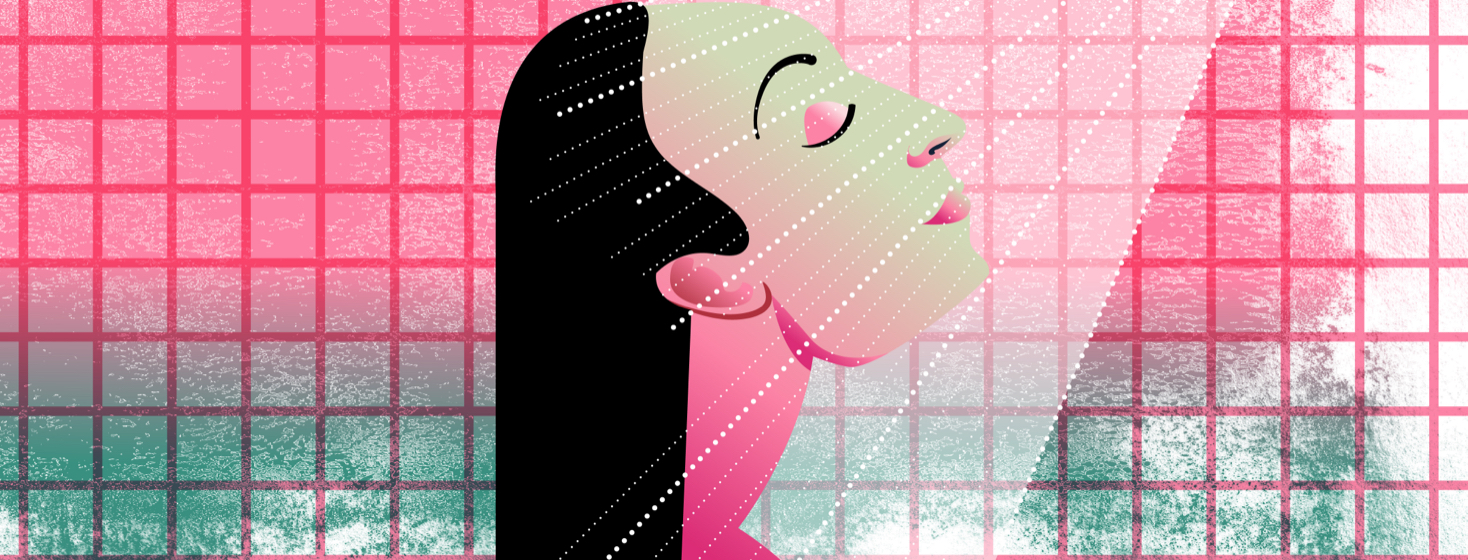Warm Water, Hot Showers: Old Asthma Remedies?
I grew up with hard-luck asthma in the 1970s. I am aware that rescue inhalers existed back then, but my doctor never recommended them. I do not know why he did not prescribe one for me. It may have been due to the strong cardiac effect of inhalers during that era, and the fact I was a kid.
My doctor instead prescribed some pretty weird treatments for reversing my asthma attacks. I say they are weird now. Back then, I imagine my mom and dad were just happy to try anything to help me breathe easier. Were these treatments effective? Let's take a look back.
Old asthma remedies
Hot, steamy showers
So many times I remember my dad running a hot shower for me. He would shut the door to the bathroom so none of the steam escaped. I would stand and wait in the hallway, often with my arms resting on my thighs to hold my shoulders up high. This was my way of making more room for air in my asthmatic lungs. Finally, dad would open the door and invite me in. He would stand by the shower and I would lean on the sink. I would try to relax and lower my shoulders, concentrating on inhaling the hot, steamy air.
I do not ever remember feeling any relief from this. After about 5 minutes of hanging out in there with my dad, he would open the door. We would stand in the cool hallway, and for perhaps a brief moment, there was a sensation of relief. It did not last long.
It was a gallant recommendation by my doctor. It was a gallant effort by my dad. But hot showers did not give me my breath back.
A towel over my head at the sink
As a kid, I spent a lot of time at my grandparents' house. Grandpa smoked, and there was also a fireplace in the house. One or both of these would sometimes trigger my asthma, and grandma would try to help me.
There was no shower in the old Victorian home – just a clawfoot bathtub. Grandma would run hot water in the sink and have me lean over it. She would drape a towel over my head and the sink. This allowed me to inhale the steam. She said this is what her parents did when she or her siblings had trouble breathing. I so love my grandma for her empathy. But it did not relieve my breathing.
Vicks VapoRub
I am not sure my doctor actually recommended Vicks VapoRub. Still, it is something my mom tried a time or two. She would have me lie down with my shirt off, and she would rub the stuff all over my chest. It felt cool and refreshing, and for a moment I had a sensation that more air was getting into my lungs. It was nice to have mom doting on me. That in itself was soothing. But, after a few moments, I would realize I was still short of breath.
Thankfully, in 1980 I was prescribed a rescue inhaler called Alupent. It did offer me relief by giving my breath back mere moments after using it.
Cup of warm water
In 1985 I was admitted to an asthma hospital. Here I was treated by some of the best asthma doctors and experts in the world. I had access to nebulizers, so I could inhale Alupent by nebulization. Still, my doctors wanted me to try other things too.
I remember a nurse explaining this to me: "When you feel short of breath, sit in a chair. Relax your shoulders and do diaphragmatic breathing. Then, sip on a cup of warm water. The water will relax your airways to make your breathing easier. I want you to try this for 5 minutes. And then, if you are still feeling short of breath, you may take a breathing treatment."
I tried this quite a few times. It never worked. I always had to resort to taking the breathing treatment.
It was worth a try
As a young asthmatic, I was always happy to try whatever my doctors, parents, or grandparents suggested. I always appreciated their comforting care. But unfortunately, none of the old remedies described here were of much help. These treatments did work for some people with certain respiratory ailments, but as an asthmatic, they did not work for me.
What about you? Have you ever had someone recommend treatments like these? Did they work for you? Please let us know your thoughts in the comments below.

Join the conversation